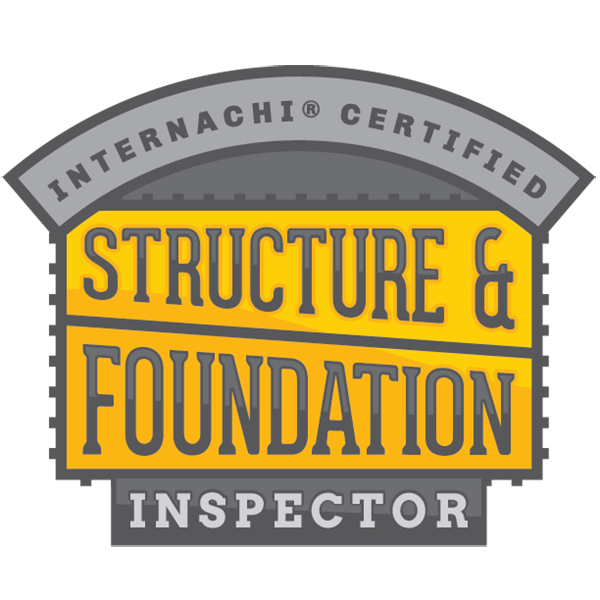Home Inspector Lance Coffman, owner of Forever Home Inspection, discusses the 10 most frequently asked questions about home inspection reports.
10 FAQs About Home Inspection Reports
1. What is a home inspection report?
A home inspection report is created by a home inspector either during or after conducting a home inspection. The report identifies any visible defects, provides detailed explanations, and often recommends industry professionals for further assessment or advice for the homebuyer.
2. What should a home inspection report include?
A home inspection report should include the following:
The property's physical address
Standards of practice
Limitations of the inspection
Well-organized defects with clear narratives
Categorization of defects (e.g., low, medium, or high concern)
Multiple images of each defect
3. What is the definition of a defect?
According to InterNACHI, “A material defect is a specific issue with a system or component of a residential property that may have a significant, adverse impact on the value of the property, or that poses an unreasonable risk to people. The fact that a system or component is near, at, or beyond the end of its normal useful life is not, in itself, a material defect.”
4. Is it bad if a home inspection report has a lot of defects?
A detailed home inspection report can be viewed differently depending on the reader. Some may see it as thorough, while others might consider it a deal-breaker. When compiling a home inspection report, inspectors typically avoid listing cosmetic concerns (like chipped paint) and items outside the established standards of practice.
5. What if the inspector fails to include a defect in the report?
If an inspector fails to inspect and report issues that were accessible at the time, they may be held accountable. However, if certain items were not accessible, it’s crucial that the report documents this limitation.
6. Does the inspector put everything wrong with the home in the inspection report?
Not every minor flaw in a property needs to be included in the inspection report. Experienced inspectors know what to include and what to omit. However, any defect that poses a safety risk must always be documented and clearly identified in the report.
7. Should the seller fix all the defects in the report?
While a seller can choose to fix all reported defects, it's uncommon for them to do so. Buyers should be reasonable when requesting treatments, repairs, and replacements. A seasoned Realtor™ can provide valuable guidance when preparing a TRR (Treatments, Repairs, and Replacements).
8. What if the seller refuses to fix the defects I want fixed?
Ultimately, the seller decides what will be addressed since they own the home until the closing process is finalized. If the seller refuses to fix certain defects, you can negotiate a price reduction, withdraw from the agreement, or opt to fix the issues yourself.
9. What professionals should fix the defects found in the report?
While a home inspector is required to recommend further evaluation, they are not obligated to suggest specific industry professionals. However, a thorough home inspector often will. You can explore our list of trusted experts in the Tulsa area for assistance.
10. What if the defects aren’t fixed correctly during the Treatments, Repairs, and Replacements (TRR) phase?
It’s common for sellers to choose DIY solutions or rely on unlicensed individuals like "Uncle Charlie," who’s been handling electrical work for years, to save money. We recommend that homebuyers request copies of invoices for all completed work to ensure it was done by qualified, insured professionals. This way, you’ll have a point of contact if issues arise after you take ownership of the property.
Disclaimer:
We are licensed home inspectors and do not hold expertise as repair professionals. Our services involve providing a thorough evaluation of your property’s current condition, aiming to identify potential issues to assist you in making informed decisions regarding repairs and maintenance. For specialized repairs and renovations, we advise consulting with qualified contractors.
Our inspections address various aspects of the property, including structural integrity, electrical systems, plumbing, roofing, and more. We leverage our expertise to detect signs of wear, damage, or potential hazards, and present our findings in a detailed report. This report is designed to help you prioritize your actions and ensure the ongoing safety, functionality, and comfort of your home.
Please note that our inspection does not guarantee the absence of defects or issues and is not a warranty or assurance of the property’s condition.






